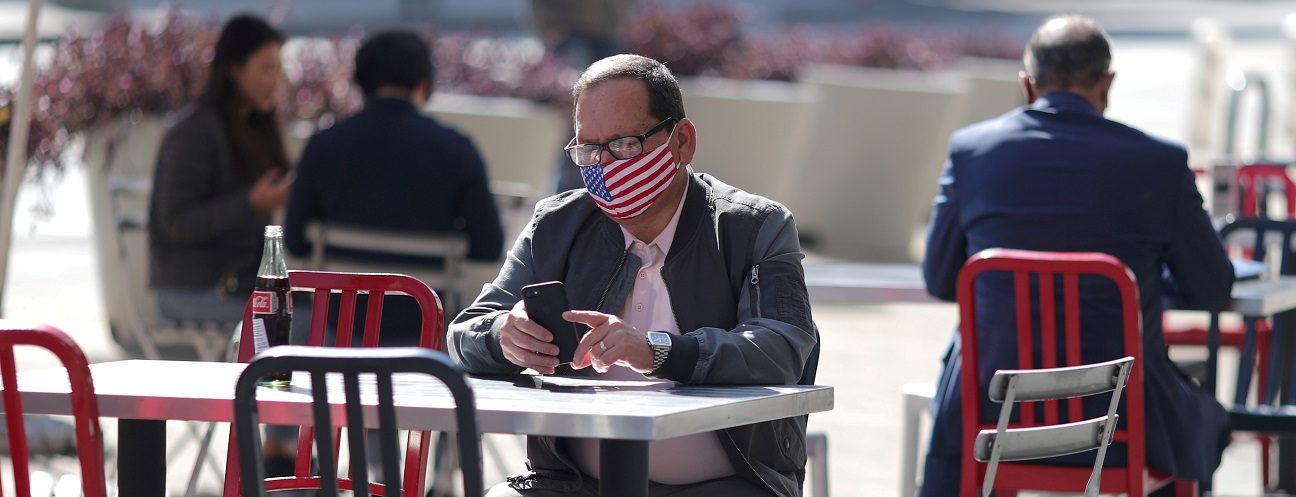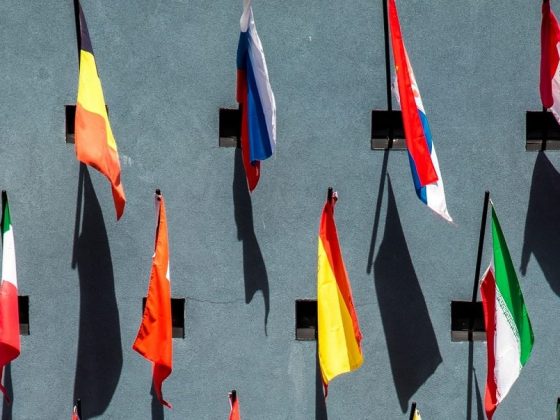People today seem to care about almost nothing. We are indifferent to entire sectors of society that are suffering, unless something directly impacts us on a personal level.
We watch the news, get upset and grumble, and that’s the extent of our community involvement. Why is apathy constantly on the rise? We are indifferent because we are increasingly detached from our environment. We lack a sense of belonging, even though such a feeling is as important as the oxygen we breathe. Each of us must realize that our future is inextricably bound with those of others.
“As the good connections between us strengthen and deepen, we will begin to feel a special power flowing through our communications network—a force that animates us, magnifies us, and gives us understanding, feeling, thought, and desire at an unprecedented level. Our integration with one another will make us feel a new reality beyond the limitations of our current individual perception.”
A person’s basic makeup can be defined as a desire for pleasure and enjoyment, a desire for satisfaction. At each developmental stage, we enjoy different things, and this is true both throughout our individual lives and as a human species in general. Our developmental stage affects our level of social involvement or social indifference. For example, once children felt a natural tendency toward social life; today they are locked inside screens right from the start.
Further, in the past people were proud of their group affiliations like professional guilds and trade unions; they found satisfaction, confidence and power in them. Today, no one has the patience to hear a word about such things and, certainly no desire to belong to any such association. In the workplace, tenure, job security, and stability are things of the past. It has become commonplace for people to have no idea whether they will even have work in a year.
As a result of these and other changes in the relationship between the individual and society, contemporary man does not feel he belongs to anything. If in ancient times people needed social connections for physical survival, today we prize our independence and try to avoid social demands and commitments. We pay the taxes we must and that is the end of the story. As human nature has continued its inner development, a person identifies less with a country or place and has become much more egoistic. As a result, society is now composed of a collection of disconnected elements that are increasingly indifferent to one another.
The only place where one can perhaps see high levels of social engagement is online social platforms. On the web, people are actually very active. Despite beautiful social initiatives here and there, however, what mainly fills the virtual space is cynicism, intolerance, bickering, bullying, and abuse.
What fate is this trend heading us toward? What awaits us in the coming years? The desire to enjoy will continue to develop in every individual, but at the same time, people will no longer find anything that fulfills them. The loss of good connection with society will gradually leave a person feeling like they are suffocating inside their private shell. Today’s indifference will lead to tomorrow’s despair. People will begin to feel that there is nothing to live for. Deep inside the heart will grow a feeling that there is nothing to fill ourselves with, no passion, no challenge, no hope. Nothing but dryness like death.
In a surprise twist at the end, this existential despair will lead to a breakthrough to the next level in the evolution of individual and societal relations. The online virtual world will actually serve as a springboard to a new reality. At the point when we realize we are causing harm by the way we are currently using high tech, we will begin to use it intelligently. We will start to use social media as a tool for shaping society according to an integral worldview based on and promoting reciprocity and complementation. Instead of using it to aid the current compulsion to acquire more and more stuff and to boost material development, humanity will look for ways to use it to help forge real connections between everyone’s hearts.
Smart software will promote the tenet, “love your neighbor as yourself,” as the only formula for life that fits the connected world of the 21st Century. Together we will define the next step in the development of the relationships between us, and then we will work on exercising our muscles of bestowal and support.
As the good connections between us strengthen and deepen, we will begin to feel a special power flowing through our communications network—a force that animates us, magnifies us, and gives us understanding, feeling, thought, and desire at an unprecedented level. Our integration with one another will make us feel a new reality beyond the limitations of our current individual perception. In such a world indifferent society will no longer exist because every individual will feel that he or she receives much more through the association with others—greater fulfillment, satisfaction, and meaning, to the point of boundless joy.











